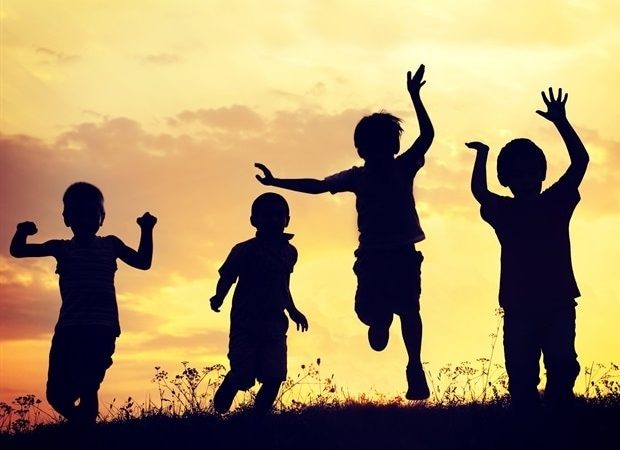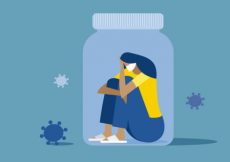As the COVID-19 pandemic continues, many children have returned to school in-person this year for the first time in 18 months. The instruction may be the same, but the classrooms look and feel much different with safety measures in place to help prevent spread of the virus. These precautions range from masking to keeping children with runny noses and coughs home from school.
Experts with the Rales Center for the Integration of Health and Education at Johns Hopkins Children’s Center, the Johns Hopkins Consortium for School-Based Health Solutions and the Johns Hopkins Center for Communication Programs have been awarded a one-year, $1.47 million grant from the National Institutes of Health (NIH) to embark on the Parents and Communities as Experts (PACE) study to understand families’ perceptions of public health recommendations regarding COVID-19 in schools. The project, which is part of the NIH Rapid Acceleration of Diagnostics Underserved Populations (RADx-UP) Return to School Initiative to increase COVID-19 testing access and use for vulnerable and underserved populations, also involves researchers from Morgan State University and the University of Maryland School of Medicine.
Parents are really in a difficult place right now. Most are eager to have their children back in school to support their academic and social development, but COVID-19 is still a risk.”
Sara Johnson, Ph.D., M.P.H., study lead investigator, director of the Rales Center and associate professor of pediatrics at the Johns Hopkins University School of Medicine
The study will use community conversations, surveys and focus groups to characterize social, ethical and behavioral factors associated with the willingness of parents of students in kindergarten through eighth grade to return their children to in-person school, to keep them in school and to support and comply with public health measures for COVID-19 prevention and control.
“We recognize how critical it is to engage with and learn from families as we navigate the challenges of a safe return to schools,” says Megan Collins, M.D., M.P.H., co-director of the Johns Hopkins Consortium for School-Based Health Solutions and an associate professor of ophthalmology at the Wilmer Eye Institute. “One of our goals is to find out how families have adapted to changes at school brought about by COVID-19.”
The study focuses on the eight school systems in Maryland, including Baltimore City Public Schools, that have the largest proportion of NIH-defined underserved residents. Researchers created local community advisory boards of English- and Spanish-speaking parents, caregivers, teachers, administrators, school health personnel and students in those areas.
“COVID-19 policies, particularly school return guidelines and mitigation efforts like vaccination and testing, vary across school systems,” Johnson says. “We will be able to evaluate these differences and understand what strategies help parents feel most comfortable in the return to in-person school, and why some approaches are more successful than others.”
Once data is compiled, researchers will, with input from communities, design and implement a locally tailored public health messaging campaign to address barriers to participating in infection control and prevention measures. The results, both locally and statewide, along with recommendations and community resources, will also be provided to school systems.
“We plan to suggest policies and strategies to clear up misconceptions, make sure families are able to accommodate the policies, and suggest strategies to build parent and stakeholder support that help keep kids in in-person school,” Johnson says.



































